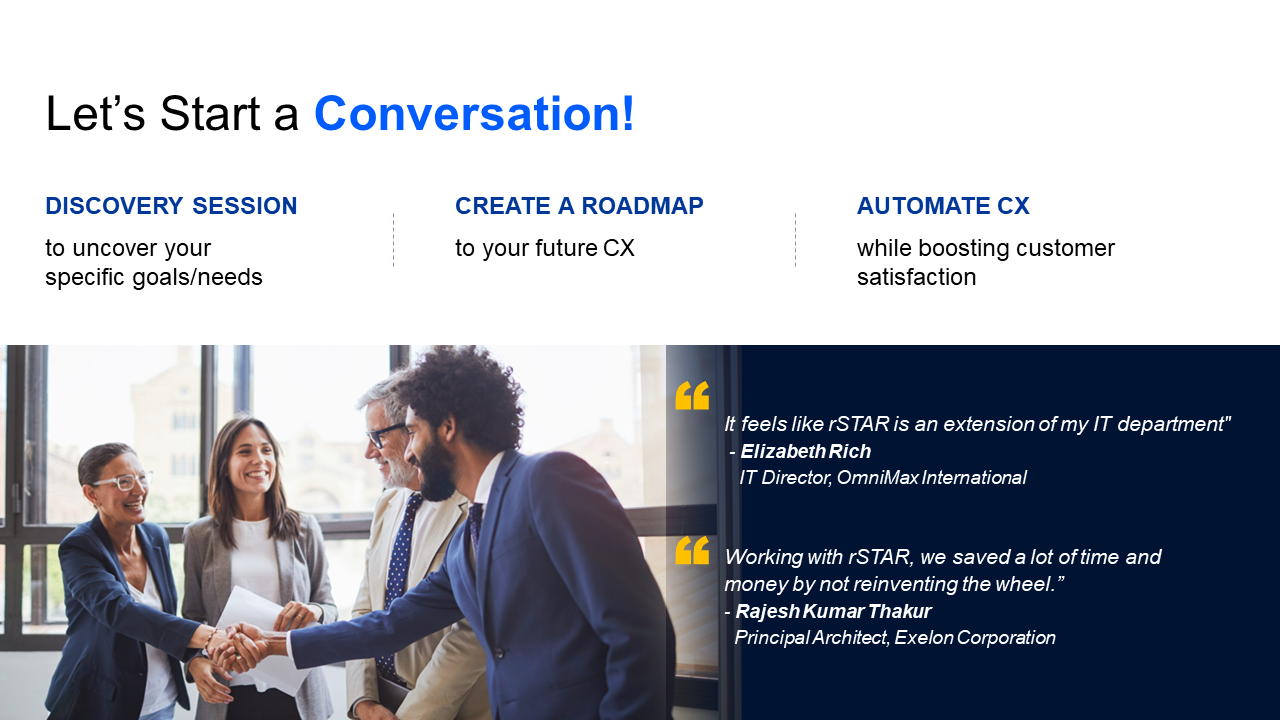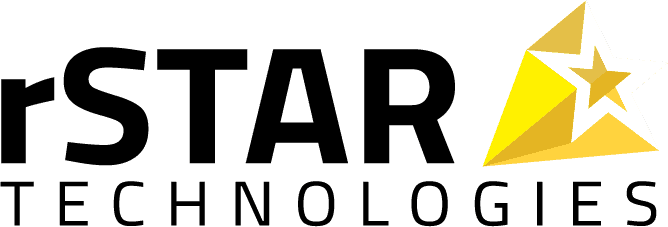If your IT team does not have Salesforce experts on staff, you may be considering working with a Salesforce implementation partner.
Manufacturing companies rarely have Salesforce Certified IT team members. Yet to ensure you’re getting the full benefit of Salesforce’s powerful CRM platform; you need someone well-versed in the problems faced by the manufacturing industry and knowledgeable about Salesforce.
Table of Contents
Who is a Salesforce Implementation Partner?
A Salesforce implementation partner bridges the gap in your IT team by providing expert Salesforce guidance. Such partners can help you with the immediate setup of Salesforce, the world’s #1 CRM system. They also serve as a Salesforce consulting partner, demonstrating deep understanding of your business goals, aligning project requirements to goals and KPIs, and assisting with any necessary customizations, reporting requirements, and troubleshooting.
As you embark on your search for the right Salesforce implementation partner, consider the answers to the following questions.
Does the Partner Demonstrate Manufacturing Industry Experience?
Technical skills in Salesforce are only one aspect of a successful implementation project. Implementation partners must also be keenly aware of the business goals, needs, and challenges faced in the manufacturing industry. CX, automation of manual processes, integrating supply chain needs, front and back-office integration, and data visibility are all worthy goals, but why they’re needed, and how they’re accomplished, may differ a bit according to the industry.
How do you know a Salesforce partner has industry knowledge? Check their previous work – but also look for Accreditations.
Does the Salesforce Implementation Partner have Salesforce Accreditation in Manufacturing?
The Accredited Professional credential in Partner Learning Camp (PLC) helps Salesforce partners demonstrate that potential partners have expanded their product and industry knowledge. This is vital for companies in the manufacturing, automotive, and energy (MAE) space who face unique challenges and needs.
Accreditation is a professional examination given by Salesforce that tests a partner’s industry knowledge in manufacturing and other industries. It is a unique distinction that helps potential customers find partners with the right match of industry level knowledge and Salesforce skills, or Certifications, needed to help them achieve their project goals.
When you find a Salesforce partner that has both manufacturing Certifications and Accreditations, you can rest easy knowing that the partner has demonstrated mastery of key manufacturing industry challenges as well as possesses demonstrable Salesforce knowledge.
How many Salesforce certifications does the partner have – and in what areas?
Like Accreditation, Certification is a designation given by Salesforce itself. Certification is awarded on an individual level to people who have studied and mastered key Salesforce concepts and skills and passed a related examination on the topics.
An easy way to remember the difference between Accreditation and Certification is that Accreditation is given at the organizational level, while Certification is given at the individual level.
In both cases – Accreditation and Certification – you can be sure that the company you are considering as a Salesforce implementation partner is serious about their commitment to Salesforce. Salesforce itself places a high value on quality and trustworthiness, and seeing a partner with both Accreditation and Certification means that the partner not only has the necessary high-level Salesforce skills required to work on a project, but also the manufacturing industry knowledge that provides you with added confidence that the potential partner is an excellent fit for your project.
What is their Rating on the AppExchange?
If you’re looking at potential Salesforce implementation partners on the AppExchange, look at their ratings and customer feedback. Obviously, the better the rating, the higher your confidence in the potential partner. But note the feedback, too. Each partner brings a unique approach to project management and customer service, and you can find out a lot about both in the feedback comments left by previous customers.
Another item to look for in a potential Salesforce implementation partner is their work on Salesforce apps and accelerators. Both apps and accelerators demonstrate knowledge above and beyond the typical Salesforce partner and a commitment on the partner’s end to improving customers’ use of, and satisfaction with, Salesforce.
Are they willing to provide you with a free consultation and roadmap to achieve your goals?
Hiring a Salesforce implementation partner is a big step. Not only should you check Salesforce certification and credentials and look at their previous work through the lens of customer comments, but you should also meet with potential partners, too.
rSTAR meets with potential clients and offers a complimentary exploration meeting to better understand your company’s Salesforce goals, objectives, and KPIs. We explore the project vision and chart a roadmap to achieve project goals. We’d be happy to schedule a call with you.
Found Your Salesforce Partner? Next Steps
We’ve put together a Salesforce implementation checklist. Use this as a springboard to your implementation. Then, follow up with a roadmap call with rSTAR to ensure you’re moving in the right direction to achieve your business goals.







